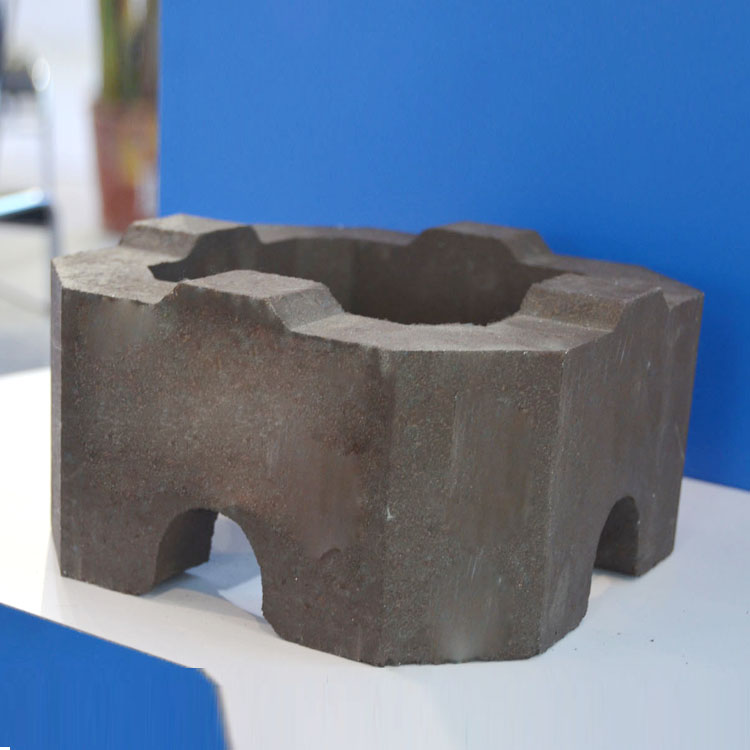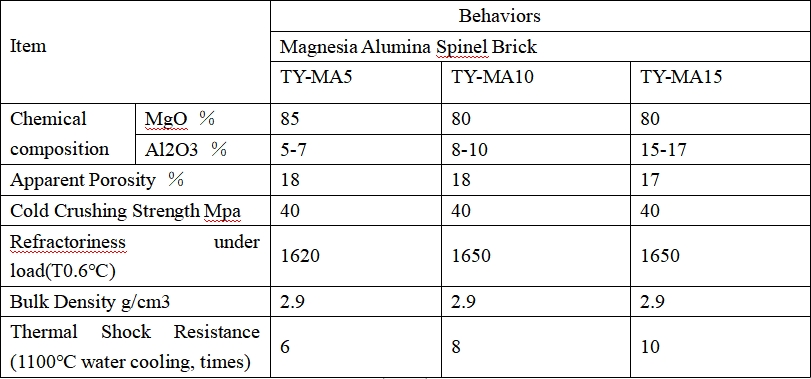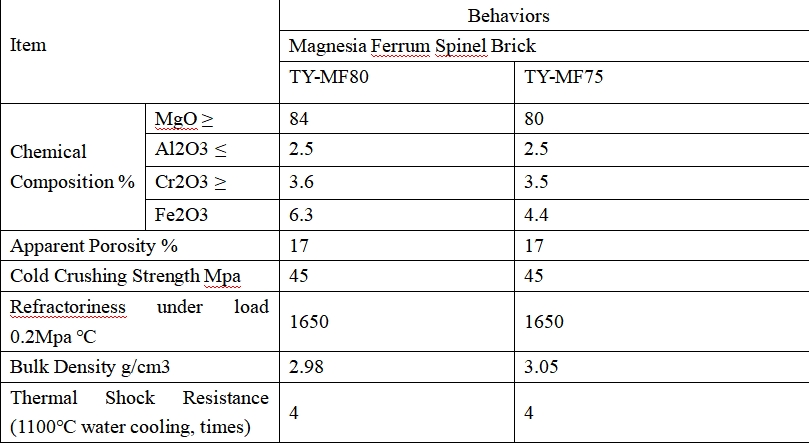
The global refractory materials market has been witnessing continuous growth in recent years. According to market research, the market size is expected to reach $XX billion by 2025, with a compound annual growth rate (CAGR) of XX% from 2020 to 2025. This growth is mainly driven by the increasing demand from industries such as steel, cement, and glass. As these industries continue to expand and upgrade, there is a growing need for high - performance refractory materials that can withstand harsh operating conditions, such as high temperatures, chemical corrosion, and mechanical stress. In this context, directly bonded magnesia - chrome bricks have emerged as a crucial solution.
There are several traditional methods for producing magnesia - chrome bricks. One common approach is to utilize the reaction between iron oxide and spinel. Another method involves synthesizing co - fired materials to make bricks. There are also unburned magnesia - chrome bricks. However, these traditional products have their limitations. For example, unburned magnesia - chrome bricks often suffer from poor high - temperature strength. Tests have shown that under temperatures above 1500°C, the strength of unburned magnesia - chrome bricks can decrease by up to XX% compared to their room - temperature strength, which significantly restricts their application in high - temperature industrial environments.
Directly bonded magnesia - chrome bricks offer a range of excellent properties. In terms of high - temperature resistance, they can maintain stable performance at temperatures up to 1800°C. Their thermal shock resistance is also remarkable. They can withstand rapid temperature changes without significant cracking or spalling. In addition, their chemical corrosion resistance is superior to many traditional refractory materials. Laboratory tests have indicated that in a highly corrosive chemical environment, the corrosion rate of directly bonded magnesia - chrome bricks is only XX% of that of ordinary magnesia - chrome bricks.

Directly bonded magnesia - chrome bricks are revolutionizing the refractory materials industry. They have set a new standard for high - performance refractory products. By providing better heat resistance, corrosion resistance, and durability, they help industries reduce maintenance costs and improve production efficiency. For example, in the steelmaking industry, the use of directly bonded magnesia - chrome bricks can extend the service life of furnaces by XX%, which not only saves replacement costs but also reduces production downtime.
Many companies around the world have adopted directly bonded magnesia - chrome bricks in their production processes. A well - known steel mill in Europe reported that after replacing traditional refractory materials with directly bonded magnesia - chrome bricks, they saw a XX% reduction in furnace repair frequency. A customer from Asia said, "The directly bonded magnesia - chrome bricks provided by your company have significantly improved the performance of our kilns. The high - temperature stability and corrosion resistance are exactly what we need."


Looking ahead, the future of directly bonded magnesia - chrome bricks is very promising. With the continuous development of high - tech industries, the demand for high - performance refractory materials will only increase. Manufacturers are also expected to further improve the production process of directly bonded magnesia - chrome bricks, enhancing their performance and reducing production costs. This will make directly bonded magnesia - chrome bricks more accessible to a wider range of industries.
Discover the outstanding performance of our directly bonded magnesia - chrome bricks and take your production to the next level. Contact us today to learn more and place your order!
Get in Touch

